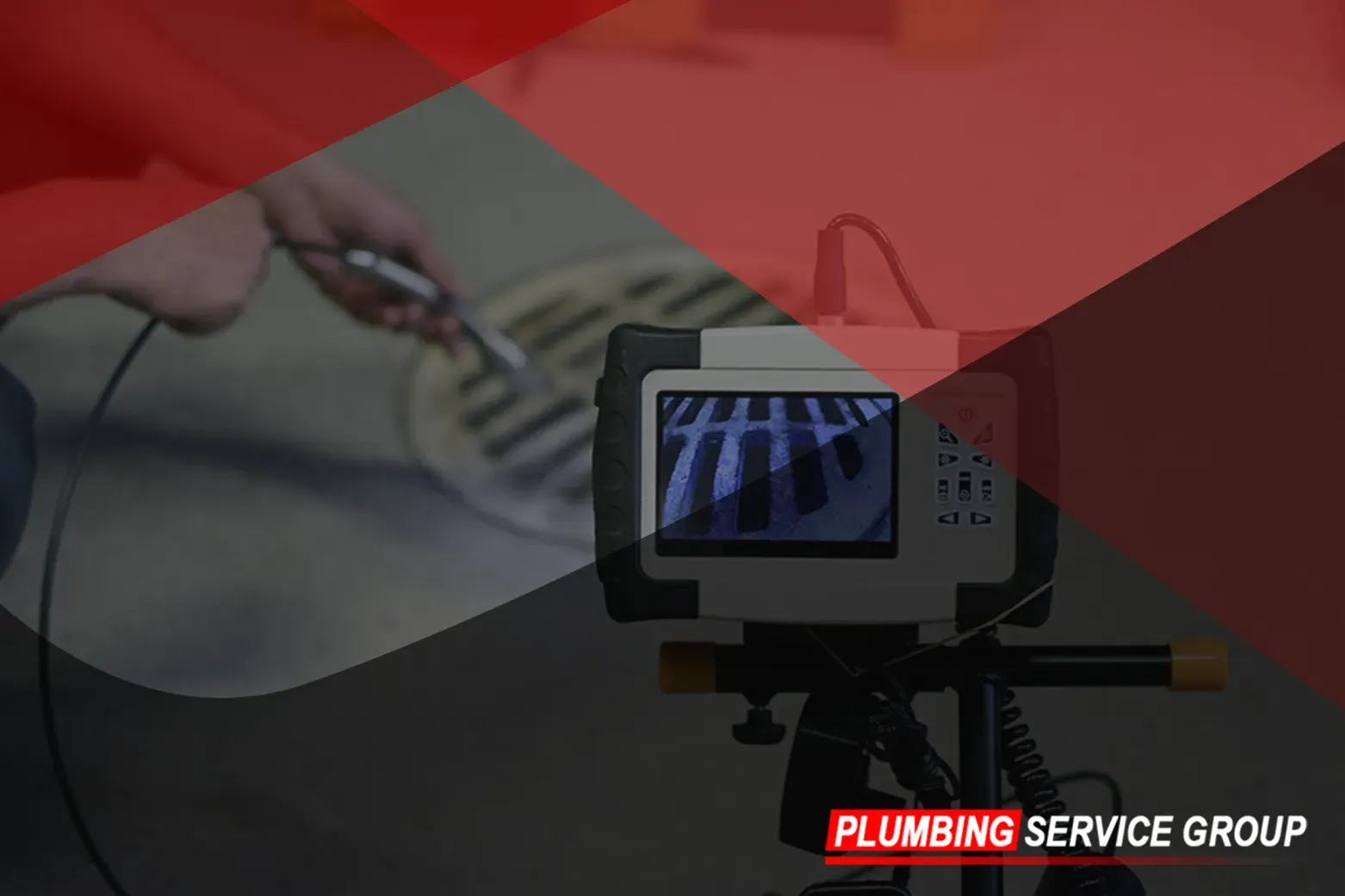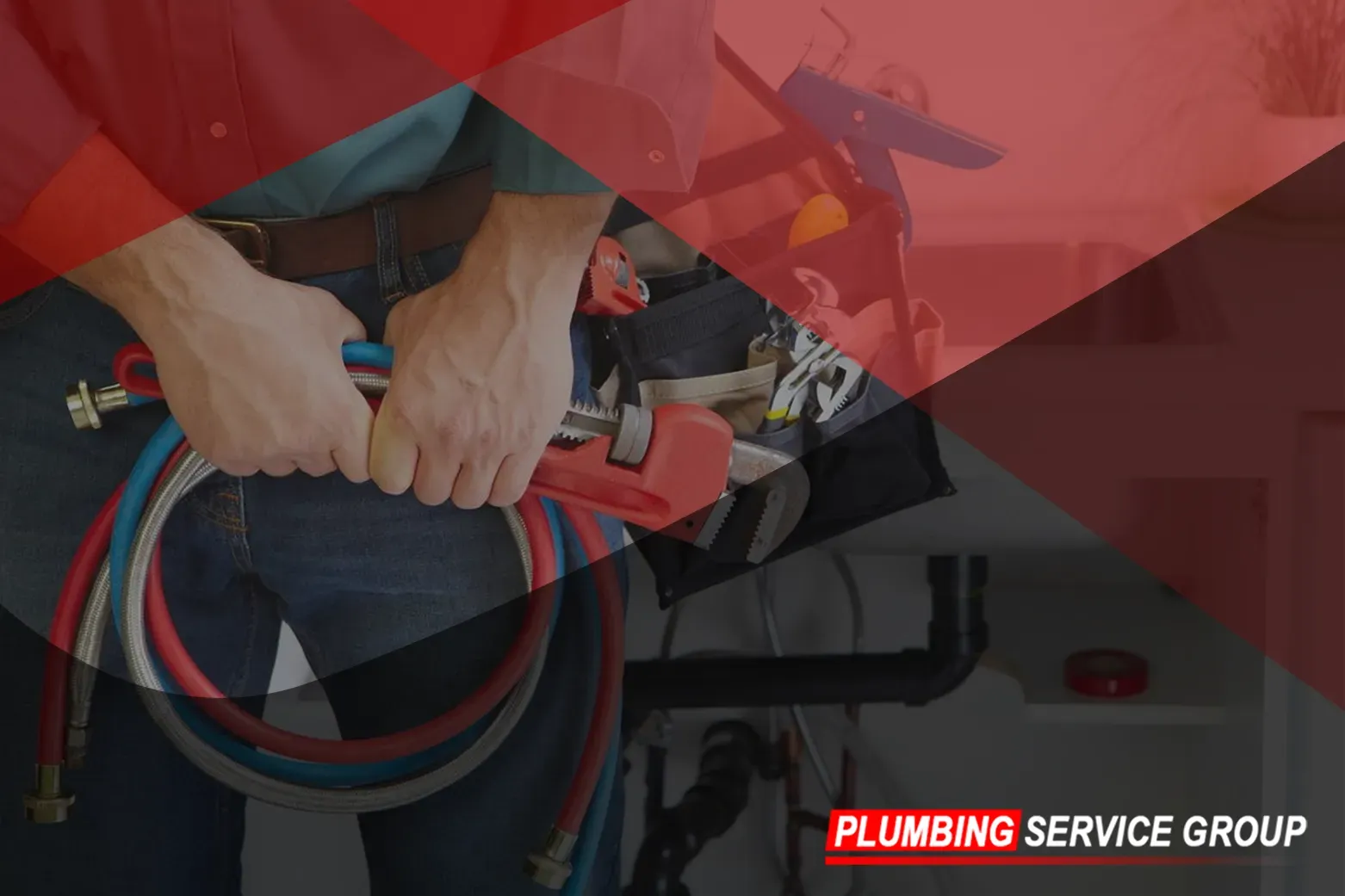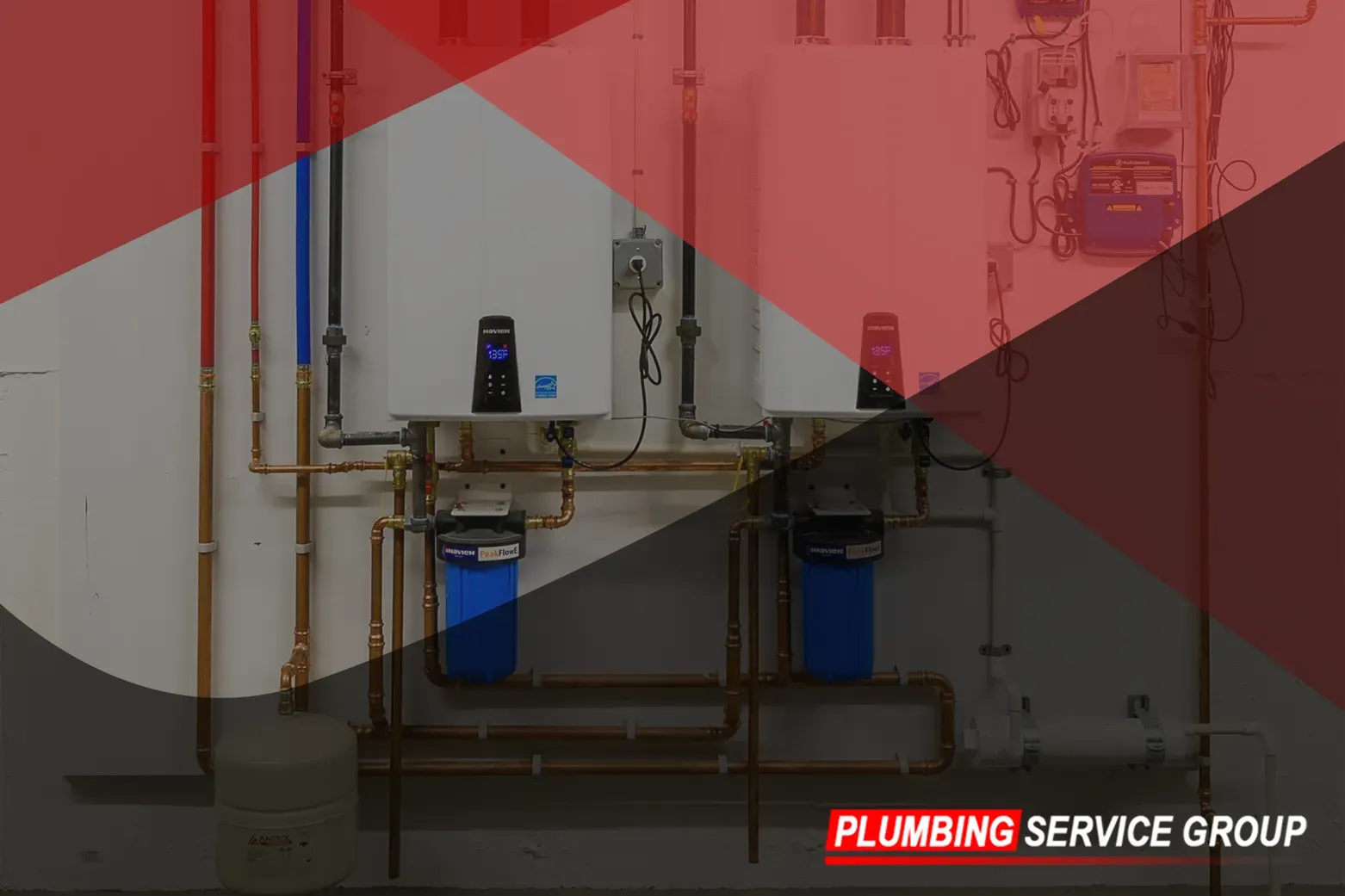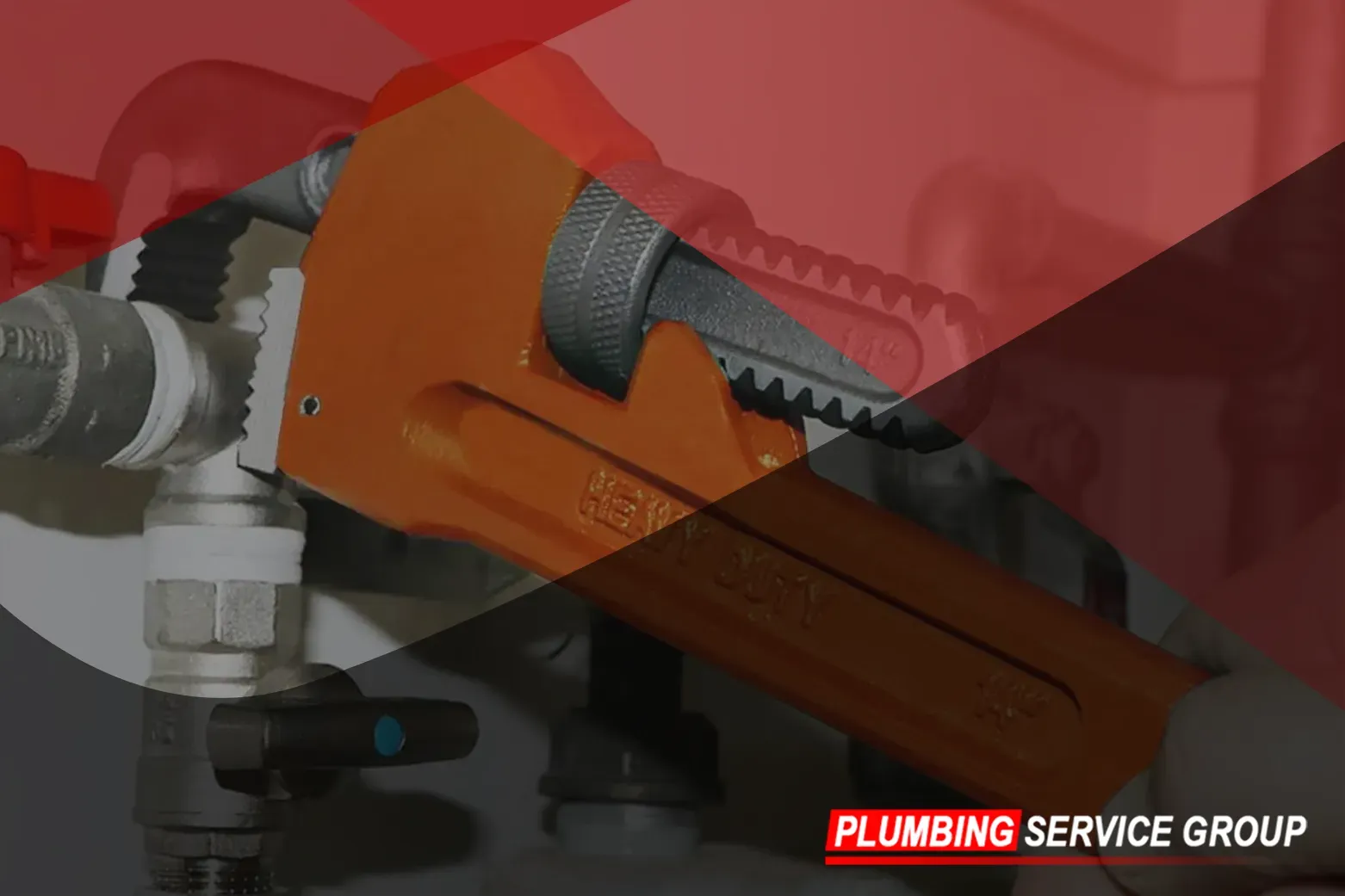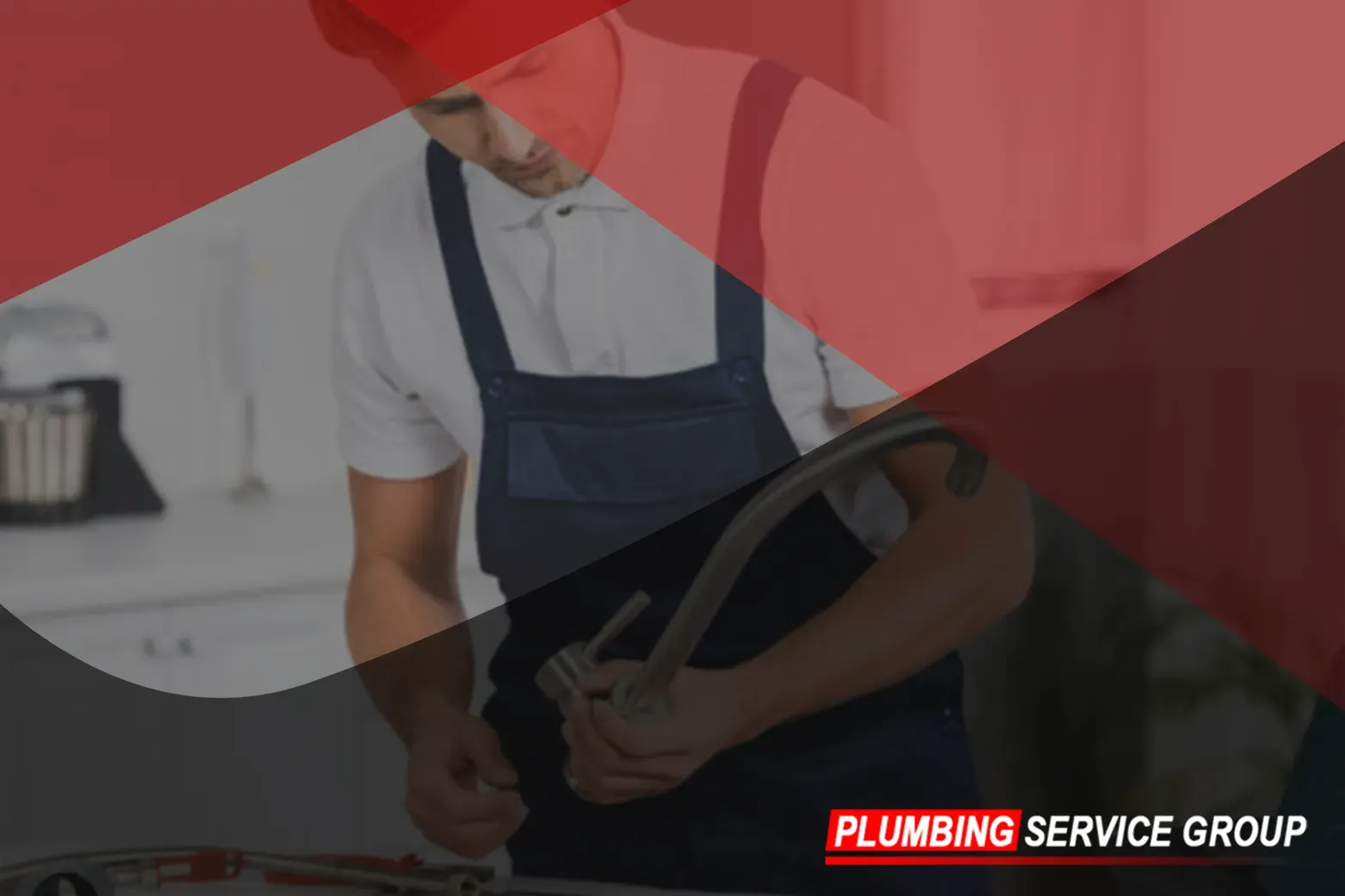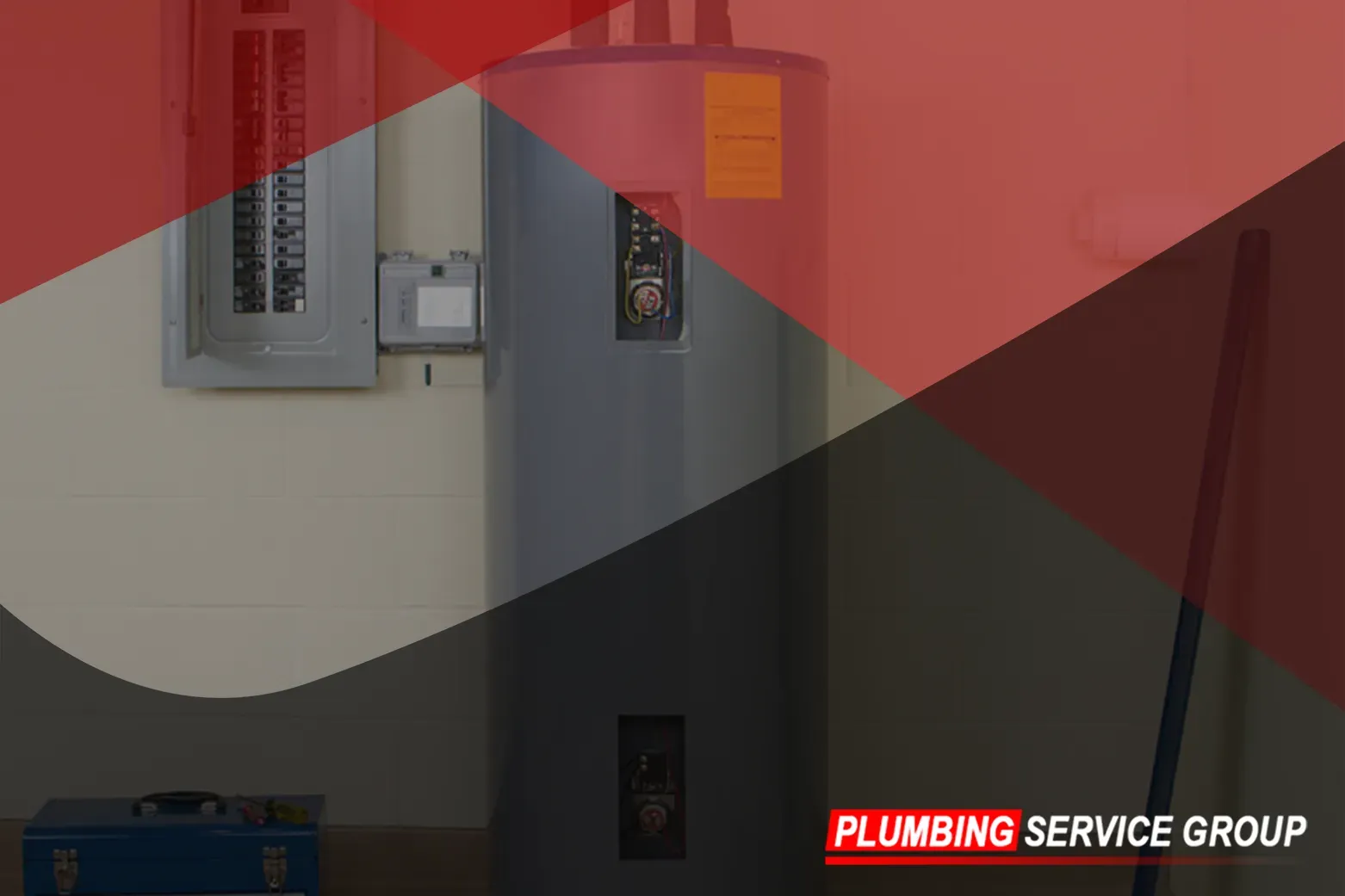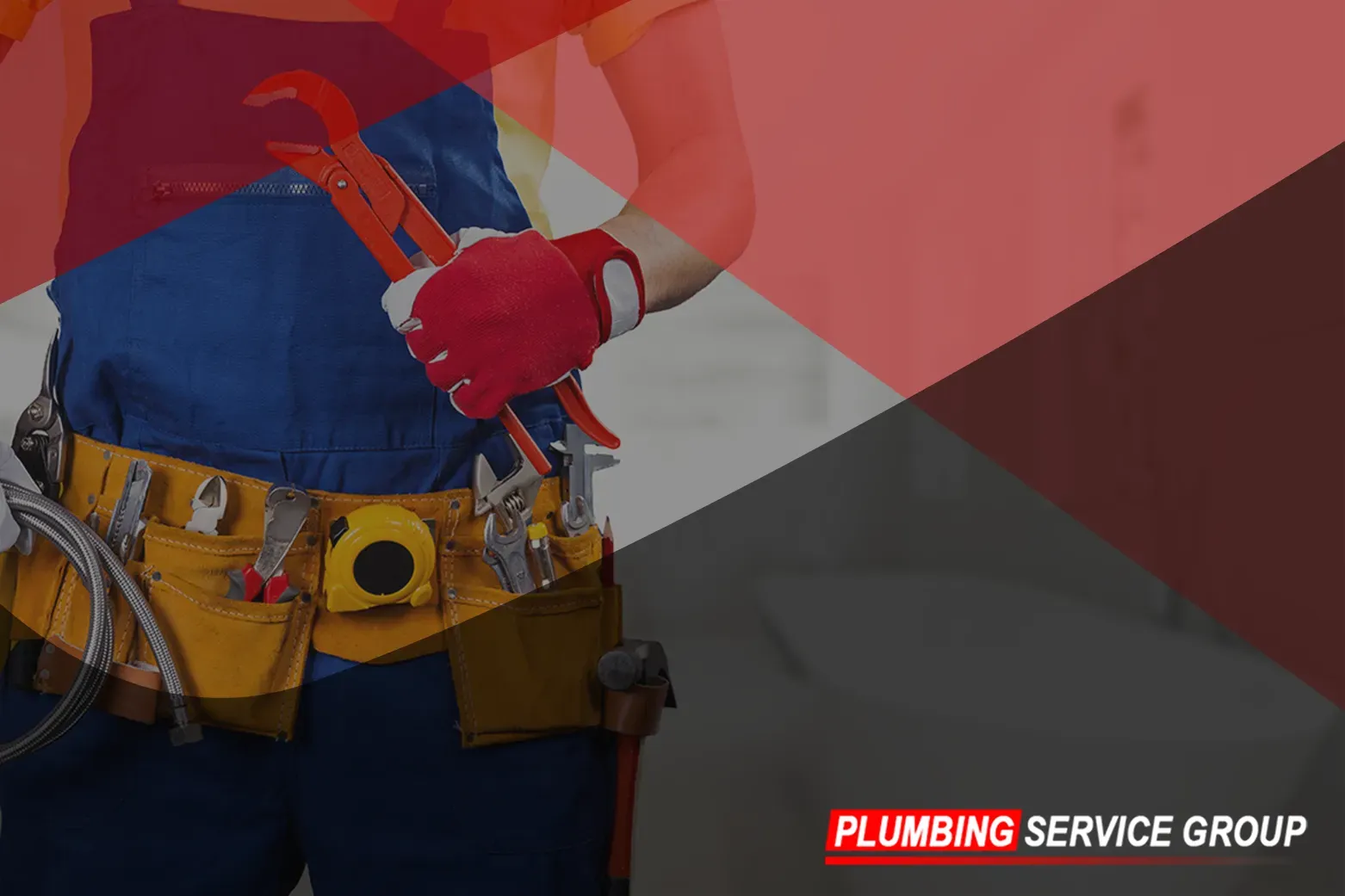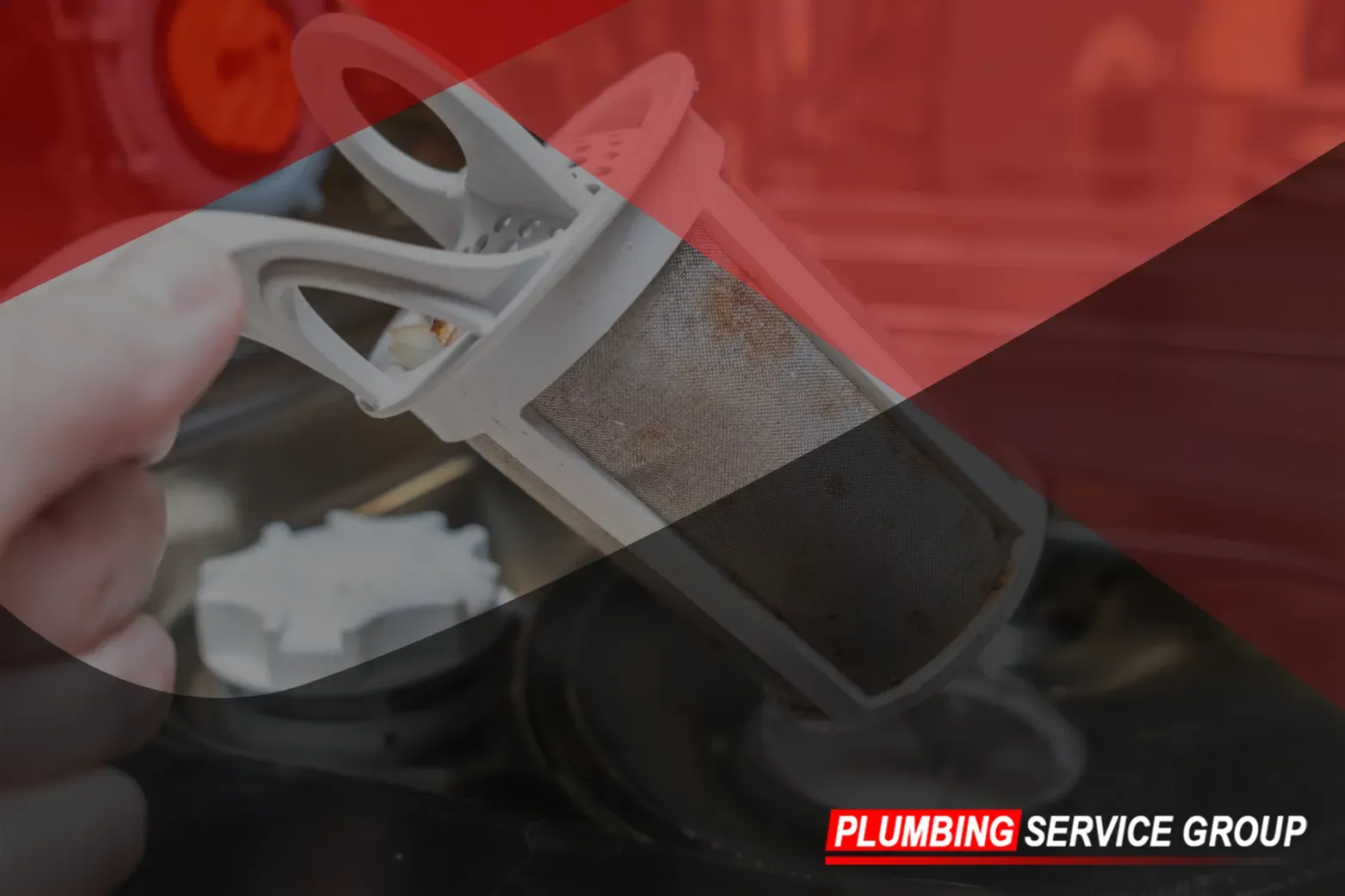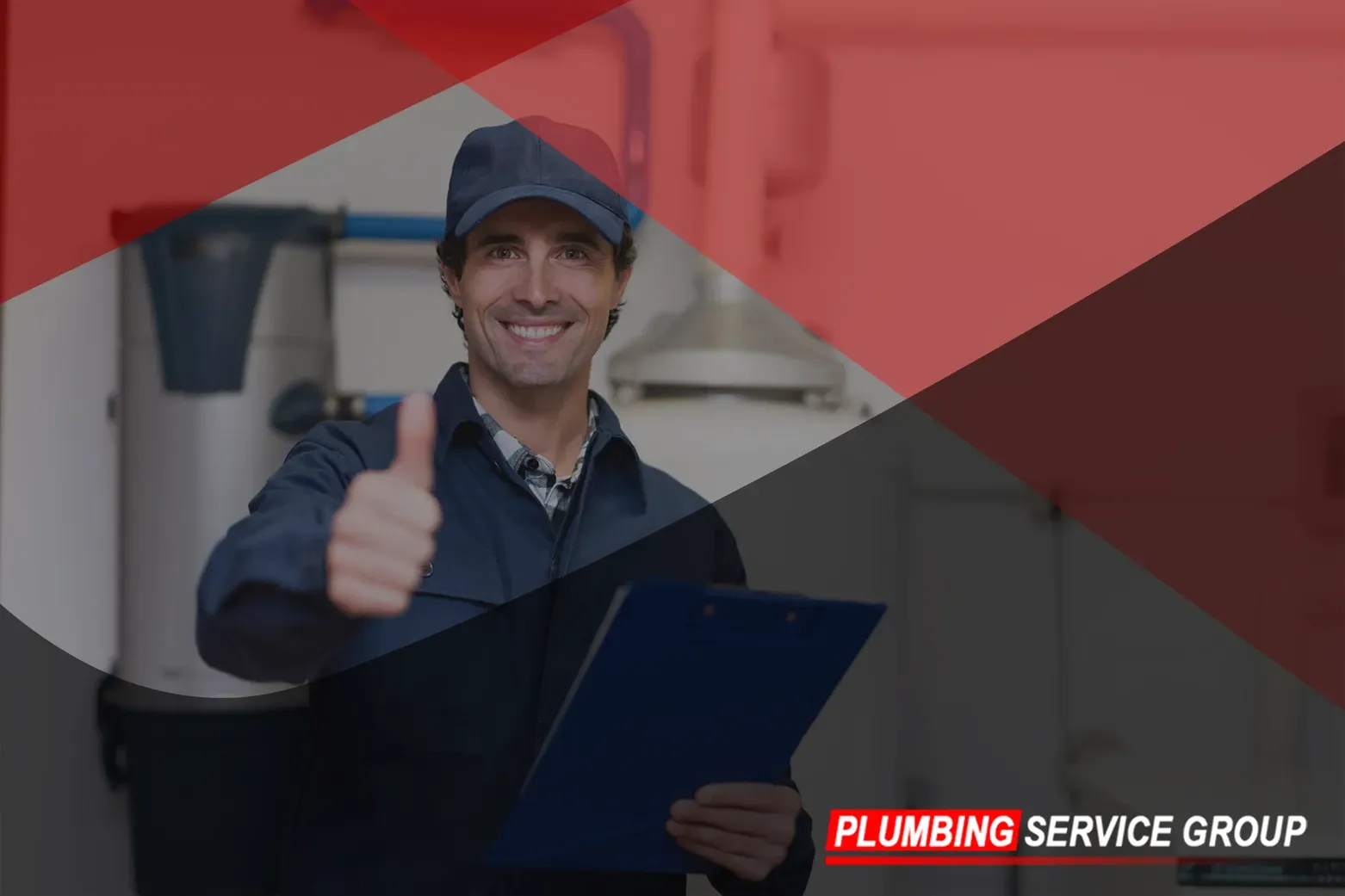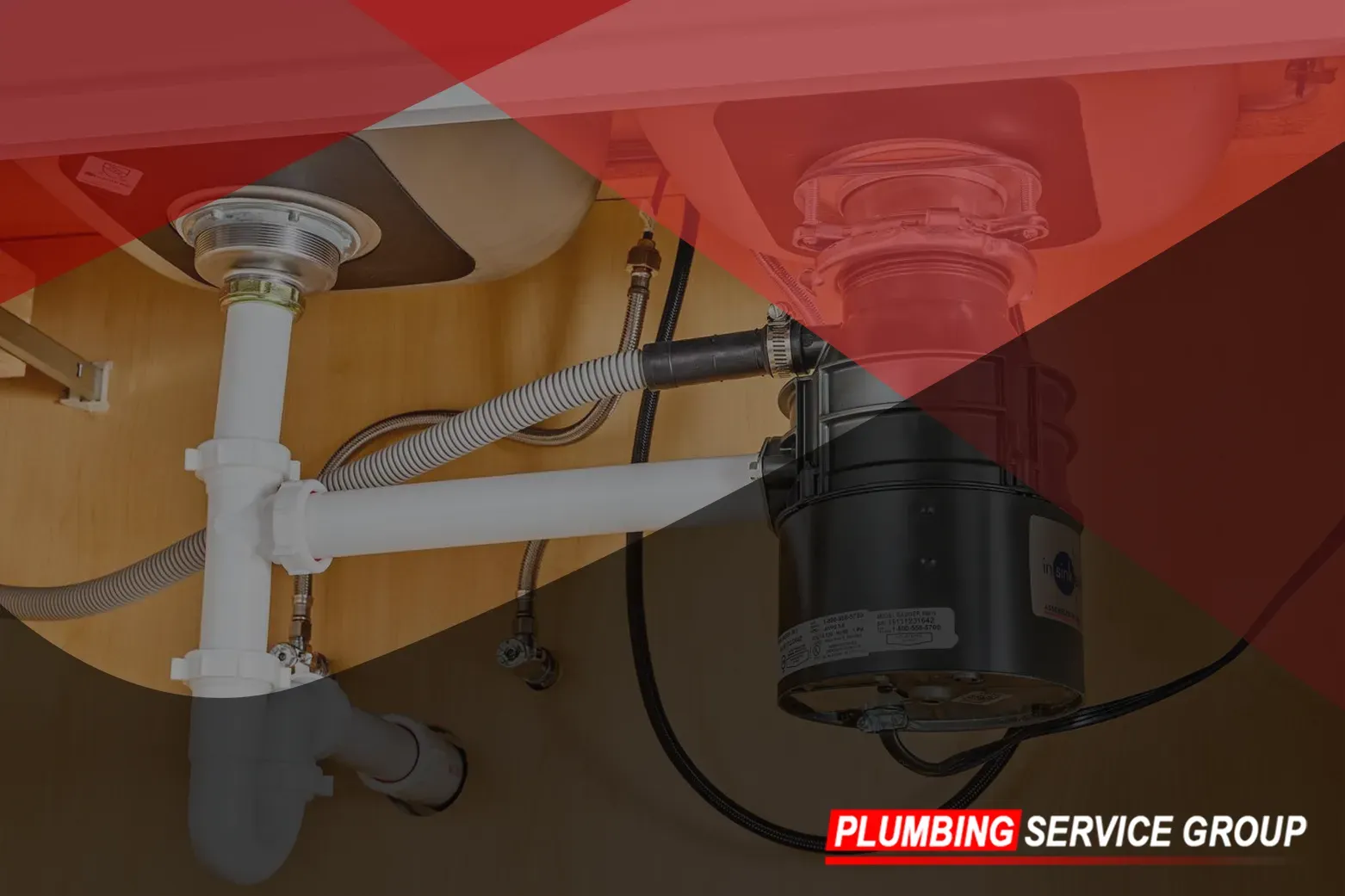Get in touch
555-555-5555
mymail@mailservice.com
What to Know About Plumbing for Homeowners?
As homeowners, understanding the basics of plumbing is essential for maintaining a functional and comfortable living space. From leaky faucets to clogged drains, having a grasp of plumbing fundamentals can save you time, money, and frustration. In this comprehensive guide, we'll cover everything you need to know about plumbing, empowering you to tackle common issues with confidence and efficiency.
What is Plumbing?
Plumbing encompasses the system of pipes, fixtures, and fittings that distribute clean water into your home and remove wastewater safely. It includes everything from your kitchen sink and bathroom fixtures to your water heater and sewer lines.
Types of Plumbing Systems
Plumbing systems in homes typically consist of two main components: the supply system and the drainage system. These two systems work together seamlessly to ensure the continuous flow of clean water into the home and the safe removal of wastewater.
Supply System:
- The supply system is responsible for delivering fresh water to various fixtures and appliances throughout the home. This water is sourced from either the municipal water supply or a private well, depending on the property's location. The supply system typically comprises a network of pipes, valves, and fittings that transport water from the main water line to individual fixtures such as faucets, showers, toilets, and appliances like dishwashers and washing machines.
Water pressure is maintained within the supply system through the use of pressure regulators and valves. As water enters the home, it passes through a meter that measures consumption, allowing homeowners to monitor their usage and detect potential leaks.
Drainage System:
- The drainage system is responsible for removing wastewater and sewage from the home and directing it to the appropriate disposal or treatment facility. After water is used in sinks, toilets, showers, and appliances, it becomes wastewater that must be safely eliminated to maintain sanitation and hygiene.
The drainage system consists of a network of pipes that connect to each fixture and appliance, as well as larger pipes that carry wastewater away from the home. Gravity plays a key role in the drainage system, allowing wastewater to flow downward through the pipes and eventually exit the home through a sewer line or septic system.
Vent pipes are also integrated into the drainage system to allow for the release of sewer gases and prevent the buildup of pressure within the pipes. These vent pipes extend through the roof of the home and provide a pathway for air to enter the system, ensuring smooth and efficient drainage.
Working Together:
The supply and drainage systems work together harmoniously to facilitate the flow of water in and out of the home. As fresh water enters the home through the supply system, it is distributed to various fixtures and appliances for use by occupants. Once the water has been used, it is carried away as wastewater through the drainage system, where it is safely disposed of or treated.
Proper coordination between the supply and drainage systems is crucial for maintaining optimal water flow, preventing backups, and minimizing the risk of leaks or water damage. By understanding how these systems work together, homeowners can take proactive measures to ensure their plumbing functions smoothly and efficiently for years to come.
Common Plumbing Issues
Plumbing systems are integral to our daily lives, providing us with essential services such as clean water for drinking, cooking, and bathing, as well as the safe removal of wastewater. However, like any complex system, plumbing is susceptible to a variety of issues that can disrupt its functionality and cause inconvenience or even damage to your home. Here are some common plumbing problems that homeowners may encounter:
Leaky Faucets and Pipes:
- Leaky faucets and pipes are among the most common plumbing issues homeowners face. Whether it's a slow drip or a steady stream of water, even a small leak can waste a significant amount of water and lead to higher utility bills. Leaks can occur due to worn-out washers, corroded pipes, or loose fittings. Addressing leaks promptly can help conserve water and prevent water damage to your home.
Clogged Drains and Toilets:
- Clogged drains and toilets can cause water to back up and create a mess in your home. Common culprits of clogs include hair, soap scum, food particles, and foreign objects flushed down the toilet. Using drain strainers and being mindful of what goes down the drain can help prevent clogs. If you do encounter a clog, using a plunger or drain snake can often clear the blockage.
Low Water Pressure:
- Low water pressure can make it difficult to perform everyday tasks such as showering, washing dishes, and doing laundry. This issue may be caused by sediment buildup in pipes, a malfunctioning pressure regulator, or a problem with the municipal water supply. Identifying the source of the low water pressure and addressing it promptly can help restore adequate water flow to your home.
Running Toilets:
- A running toilet is not only annoying but can also waste a significant amount of water. This problem is often caused by a faulty flapper valve or a worn-out fill valve. Replacing these components or adjusting the water level in the tank can usually resolve the issue and prevent water waste.
Water Heater Malfunctions:
- Water heaters are essential for providing hot water for bathing, cleaning, and cooking. When a water heater malfunctions, it can result in cold showers and inconvenience for your household. Common water heater issues include leaks, pilot light problems, and sediment buildup in the tank. Regular maintenance and timely repairs can help prolong the life of your water heater and ensure a reliable hot water supply.
Sewer Line Backups:
- Sewer line backups are serious plumbing emergencies that can result in foul odors, sewage backup in drains and toilets, and potential water damage to your home. These backups can occur due to tree root intrusion, grease buildup, or structural damage to the sewer line. If you notice signs of a sewer line backup, such as gurgling drains or sewage backup, it's essential to contact a professional plumber immediately to address the issue.
Recognizing the signs of these common plumbing problems and knowing how to address them promptly can help prevent further damage to your home and save you time and money on costly repairs. If you encounter any plumbing issues that you're unable to resolve on your own, don't hesitate to contact a licensed plumber for assistance.
Plumbing Maintenance Tips
Prevention is key when it comes to plumbing issues. Here are some proactive steps you can take to keep your plumbing system in top condition:
- Regularly inspect and maintain your plumbing fixtures and appliances.
- Avoid flushing anything other than toilet paper down the toilet.
- Use drain strainers to prevent hair, food particles, and other debris from clogging drains.
- Schedule annual plumbing inspections and maintenance checks.
- Know the location of your main water shut-off valve in case of emergencies.
When to Call a Professional:
While DIY solutions can address many plumbing issues, certain situations call for the expertise of a professional plumber. If you encounter any of the following scenarios, it's best to seek professional assistance promptly:
Burst Pipes or Major Leaks:
- Burst pipes or major leaks can cause significant water damage to your home and require immediate attention. A professional plumber can quickly assess the situation, locate the source of the leak, and perform the necessary repairs to prevent further damage.
Sewer Line Backups or Foul Odors:
- Sewer line backups or foul odors emanating from drains are indicators of serious plumbing issues that require professional intervention. These problems can result from blockages, structural damage, or tree root intrusion in the sewer line. A plumber has the expertise and equipment to diagnose and address these issues effectively.
Persistent Clogs that Won't Clear with Household Remedies:
- While minor clogs can often be cleared using household remedies such as plungers or drain cleaners, persistent clogs may indicate a more severe obstruction in the plumbing system. A professional plumber can use specialized tools such as drain snakes or hydro-jetting equipment to clear stubborn clogs safely and effectively.
Water Heater Malfunctions or Leaks:
- Water heater malfunctions, such as insufficient hot water or unusual noises, may indicate underlying issues that require professional attention. Additionally, leaks from the water heater can cause water damage and pose safety hazards. A plumber can diagnose the problem, perform repairs, or recommend replacement if necessary.
Installation or Replacement of Plumbing Fixtures or Appliances:
- Installing or replacing plumbing fixtures or appliances requires knowledge of plumbing systems and proper installation techniques. Whether it's installing a new faucet, toilet, or water heater, a professional plumber can ensure that the job is done correctly and according to code, minimizing the risk of leaks or other problems down the line.
In summary, while DIY efforts can address many plumbing issues, certain situations necessitate the expertise of a professional plumber. If you encounter any of the aforementioned scenarios or have any doubts about your ability to resolve a plumbing problem, don't hesitate to contact a licensed plumber for assistance. They have the skills, experience, and tools necessary to diagnose and resolve plumbing issues effectively, ensuring the integrity and safety of your home's plumbing system.
Having a basic understanding of plumbing can empower homeowners to troubleshoot common issues and maintain a healthy plumbing system. By familiarizing yourself with the fundamentals of plumbing and knowing when to seek professional assistance, you can ensure that your home's plumbing remains in top condition for years to come. For expert plumbing services and advice, trust Plumbing Service Group. Our team of experienced plumbers is dedicated to providing reliable solutions and exceptional customer service. Contact us today for all your plumbing needs.
Office
Email us
Call us
All Rights Reserved | Plumbing Service Group

